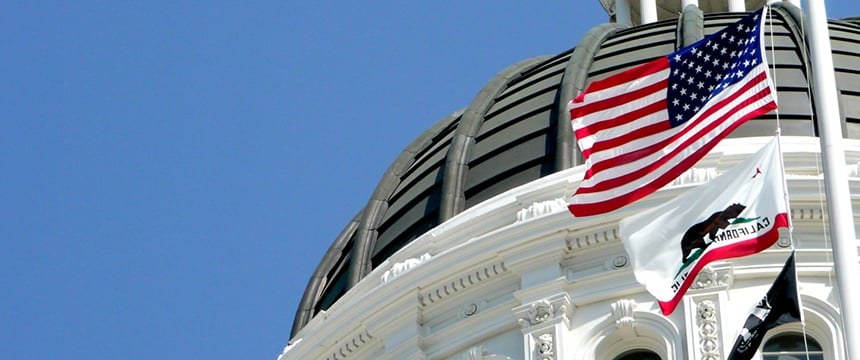California High Court Defines Protected “Disclosure” Under Whistleblower Law

In an employee-friendly opinion published Monday, May 22, 2023, the California Supreme Court held that an employee may be protected by the state’s whistleblower law, even when reporting unlawful activities that the employee already knows.
The whistleblower statute (found at Labor Code section 1102.5) — a subject of other recent Supreme Court reflection — protects employees from retaliation against employers “for disclosing information.” In the recent case, the Court was tasked with deciding whether the operative activity — “disclosing” — warranted a broad or narrow reading. The Court opted for the former.
In the case, titled People ex rel. Garcia-Brower v. Kolla’s, Inc., a bartender reported her unpaid wages to the owner of the nightclub where she worked. The owner, already aware of the unpaid wages, terminated the bartender’s employment in response to her complaint. The Labor Commissioner sued on the bartender’s behalf, claiming violation of the whistleblower law. The trial court found for the owner and the court of appeal affirmed, reasoning that the term “disclose” requires “the revelation of something new.” Applying this reasoning, because the nightclub owner already knew about the unpaid wages, the bartender wasn’t revealing anything new, and thus didn’t make a disclosure that would provide whistleblower protection.
The Supreme Court disagreed with this interpretation, finding legislative support for concluding that “disclose” means “bringing into view in a particular context a type of information to which the discloser tends to have special access.” In reaching this conclusion, the Court shifted focus from what the employer knows (or does not know) to what the employee brings to the employer’s attention, whether or not there was prior knowledge of the alleged wrongdoing.
The Court went on to raise policy concerns that a narrow reading would prevent multiple disclosures, leaving employers without corroborating information that could help in investigations and leaving subsequent reporting employees outside the statute’s protection.
This opinion brings a significant expansion of whistleblower protection in the Golden State. California employers seeking to comply with these fresh boundaries or facing whistleblower actions should contact counsel for guidance.